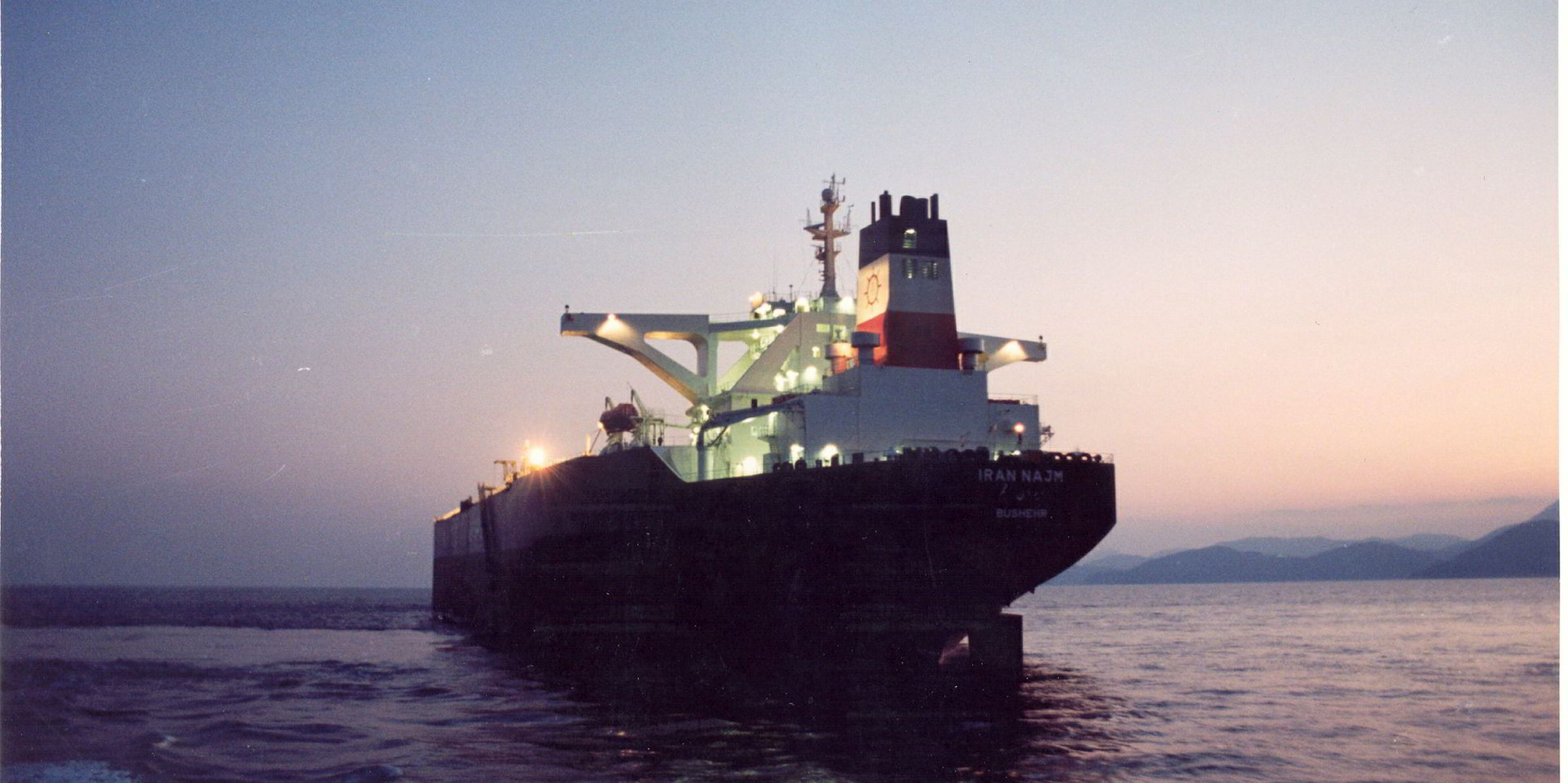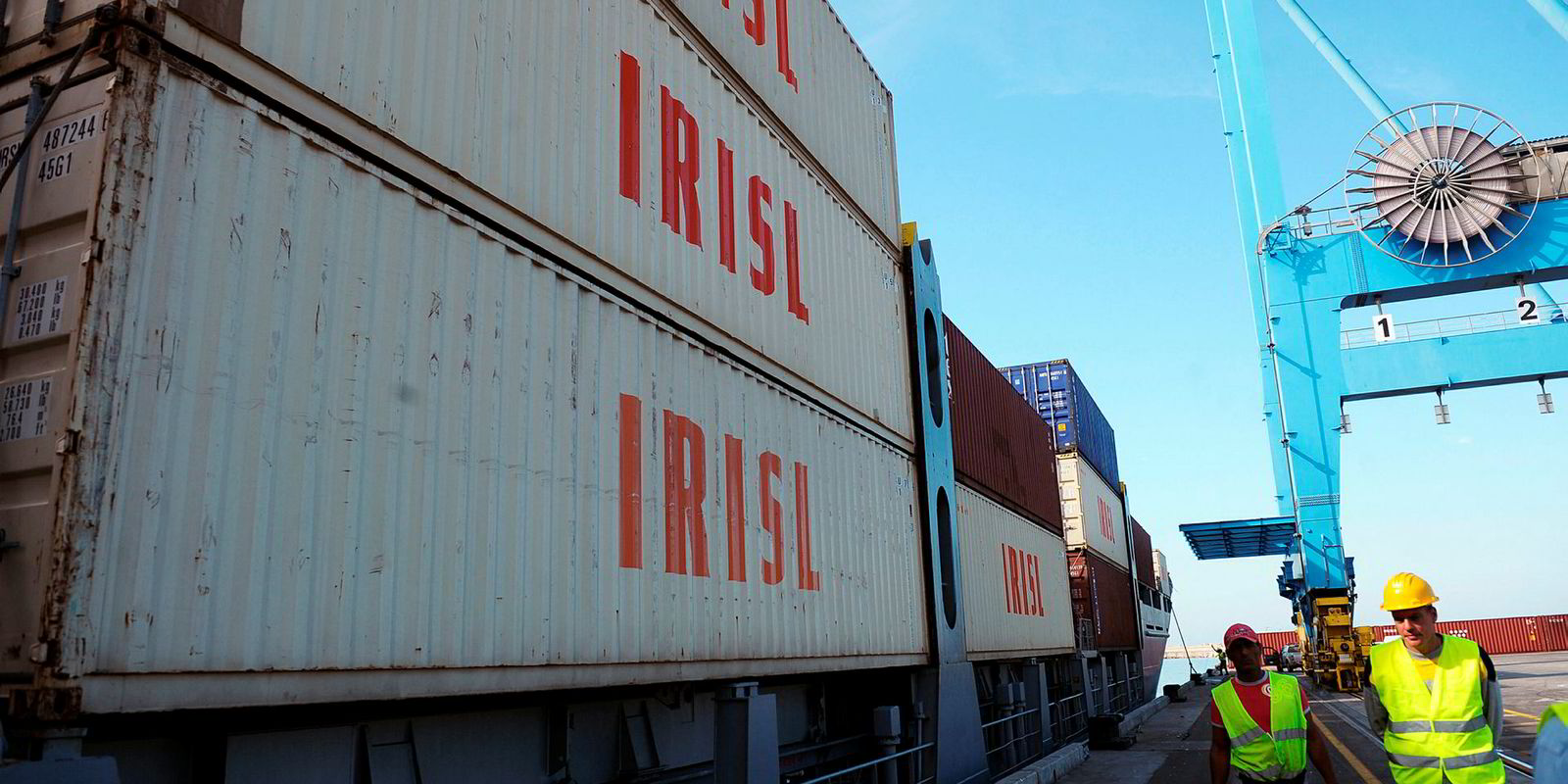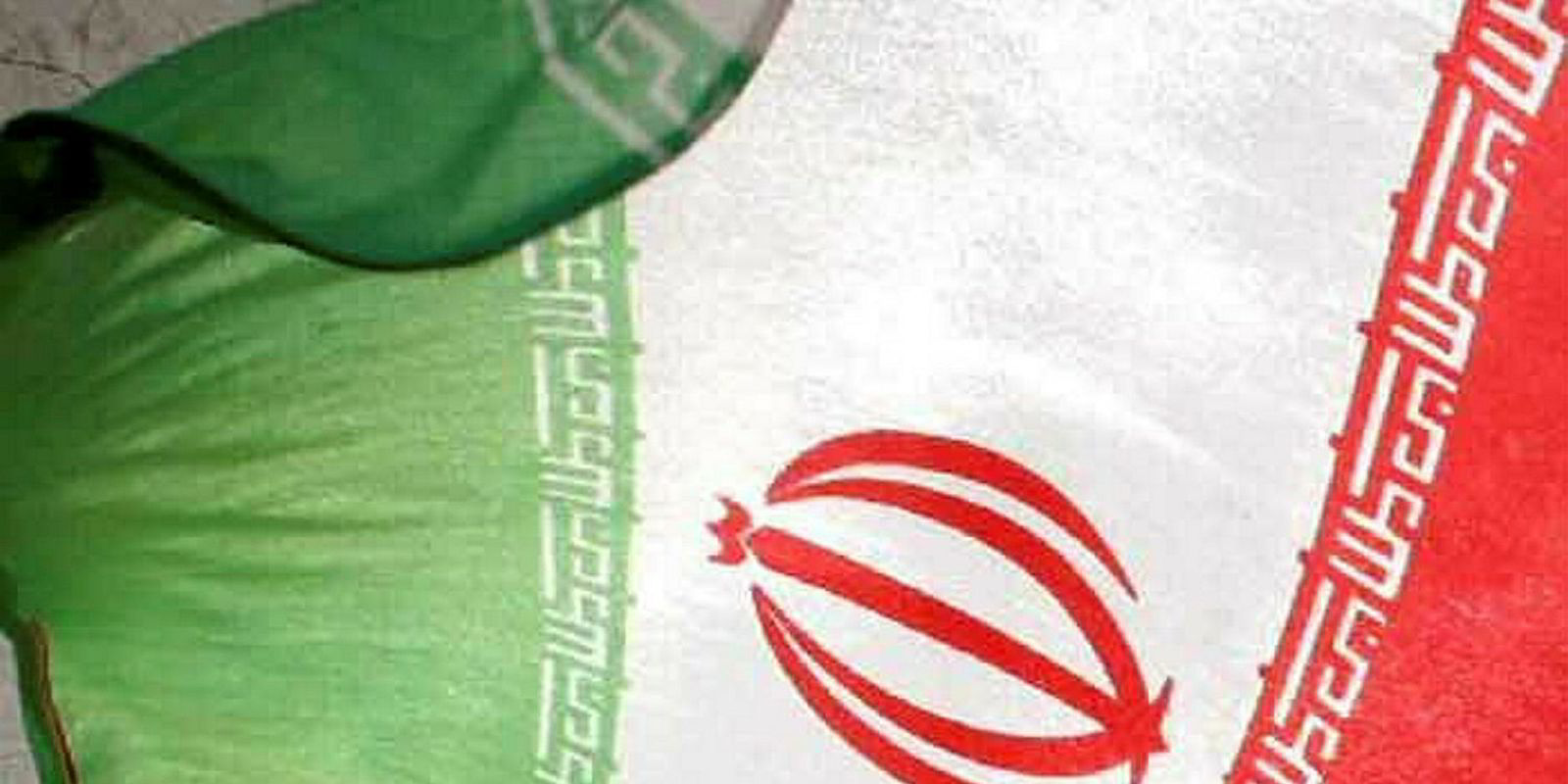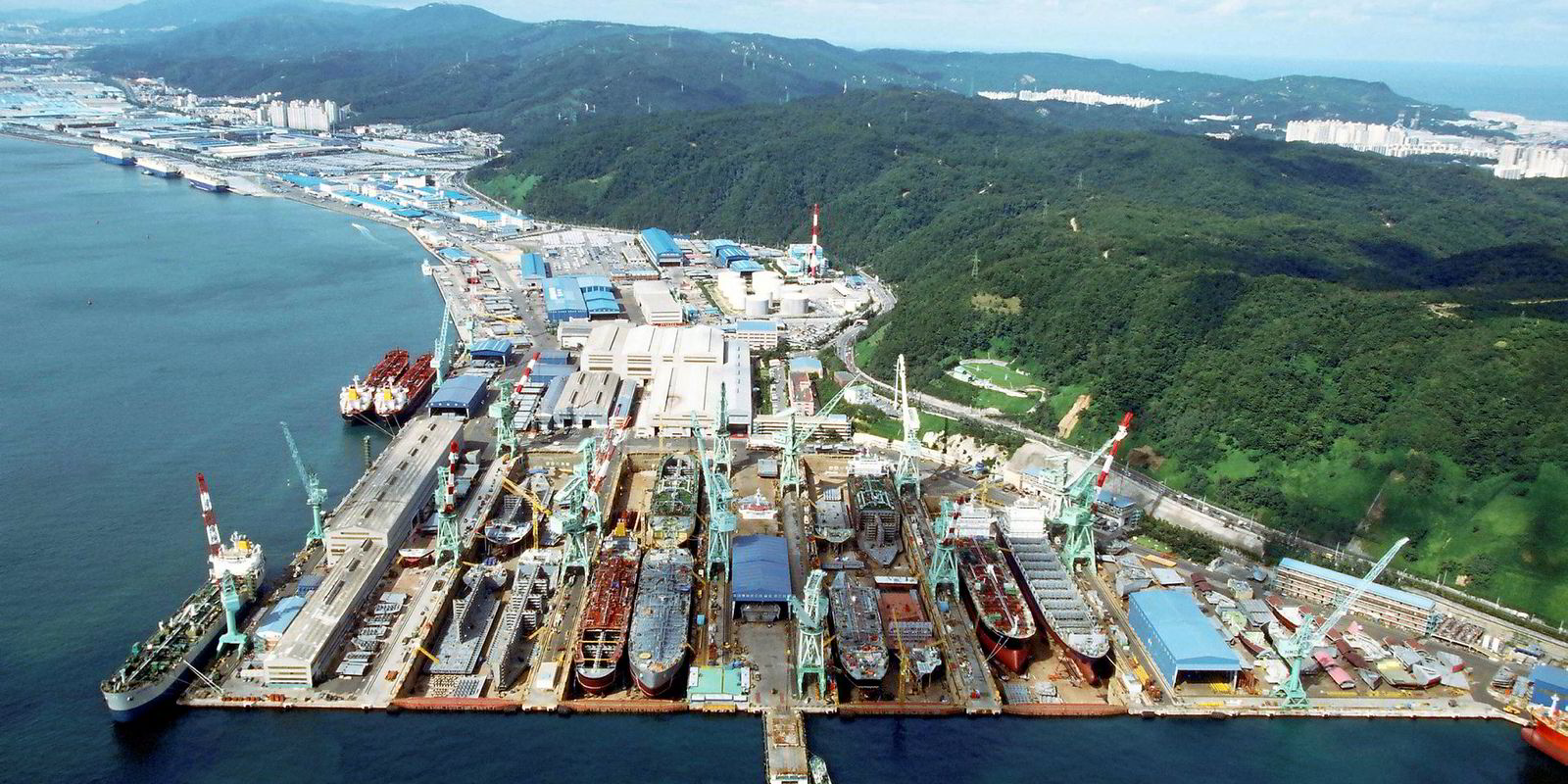The US has granted waivers to eight nations after reimposing sanctions on the Iranian energy and shipping sectors — but shipowners are not expected to appear in droves to import crude from the Islamic republic.
The US Department of the Treasury has made it explicit that the provision of services to facilitate imports of Iranian crude by China, India, Italy, Greece, Taiwan, Japan, Turkey and South Korea may be allowed after so-called secondary sanctions resumed on 5 November.
However, few non-Iranian shipowners are willing to be involved in Iran-related trades due to the risk-averse attitudes, insurance concerns, sufficient shipping capacity of National Iranian Tanker Co (NITC) and buoyant vessel demand elsewhere, according to industry experts.
“The services used to import the petroleum from Iran including services provided by the shipping sector of Iran and Iranian port operators would not be sanctionable … provided that Iranian entities that are involved in such transactions are not designated in connection with Iran’s support for international terrorism, or its proliferation of weapons of mass destruction,” the Treasury says on its website.
Insurance problems
Few owners are expected to test how Washington may interpret the wording. The biggest obstacles could still lie in obtaining the necessary coverage from insurers, who will try their best not to fall foul of US sanctions.
“Bimco always advises members to seek guidance from their insurance clubs — as any trade without insurance cover is something you simply don’t do,” said the industry association’s chief analyst Peter Sand.

When the European Union partnered with the US in the previous round of sanctions from 2012 to 2015, the London-based International Group of Protection & Indemnity Clubs was effectively banned from participating in Iranian trades. Its members provide P&I cover for 90% of the world’s ocean-going tonnage.
The International Group’s approach might not be much different this time, even as the UK and EU have opposed Washington’s unilateral action. With some participants on the group's reinsurance programme subject to US primary sanctions, member clubs would not be able to provide full coverage even if such provision is neither against EU laws nor subject to the recently imposed secondary sanctions, said a P&I official.
Moreover, Banchero Costa head of research Ralph Leszczynski pointed out that the P&I clubs would face difficulty providing coverage in practice due to the US sanctions.
If a ship has an accident in Iranian waters, the ship's P&I insurer would have to pay money to Iranian authorities. And most likely it cannot do that without breaching sanctions on financial deals with Iranian entities
“If a ship has an accident in Iranian waters, the ship's P&I insurer would have to pay money to Iranian authorities. And most likely it cannot do that without breaching sanctions on financial deals with Iranian entities,” Leszczynski said.
“P&I clubs will not risk insuring a vessel going to load in Iran.”

NITC may ship them all
In addition, Iran and its counterparties may not need non-Iranian tankers to facilitate their trades.
According to Clarksons, state-run NITC owns 51 crude tankers totalling 13.5 million dwt, equivalent to 3.5% of the world’s total capacity.
Bloomberg data shows Iran’s crude exports were at 1.57 million barrels per day in October. Based on Clarksons’ global seaborne trade figures, that accounts for less than 4% of the world’s total.
“As Iran’s export volumes will certainly be curtailed in the coming months because of the sanctions, whatever is allowed under the waivers can, arguably, be comfortably carried by NITC,” Leszczynski said.
Of the 19 crude tanker shipments from Iran to the eight countries that received waivers in October, 12 were already on NITC tankers, according to VesselsValue. Six were on Greek tankers and one on a Japanese vessel.
Larger premium
Going forward, tanker owners will likely demand even larger premiums than the roughly 30 extra Worldscale points they received before the sanctions kicked in, a broker said. With VLCC earnings comfortably above $40,000 per day amid high crude exports from the US and Saudi Arabia, there may be limited incentives for owners to take on Iranian business.
“Any owner must weigh the risk against the reward,” Sand said. “You may not want to earn slightly more if the potential risk is escalating.”
On the other hand, freight costs would curb the eight countries’ buying interest if overly high.
“Iranian clubs like Kish are offering P&I coverage, but there is no way I am taking anyone outside of the IG [International Group],” said a Greek owner who had a lifting from Iran last month.
“If my ship is going to Iran, I will ask for a very, very high premium. I don’t think that’s going to work for anybody.”
Adam Corbett contributed to this article.






